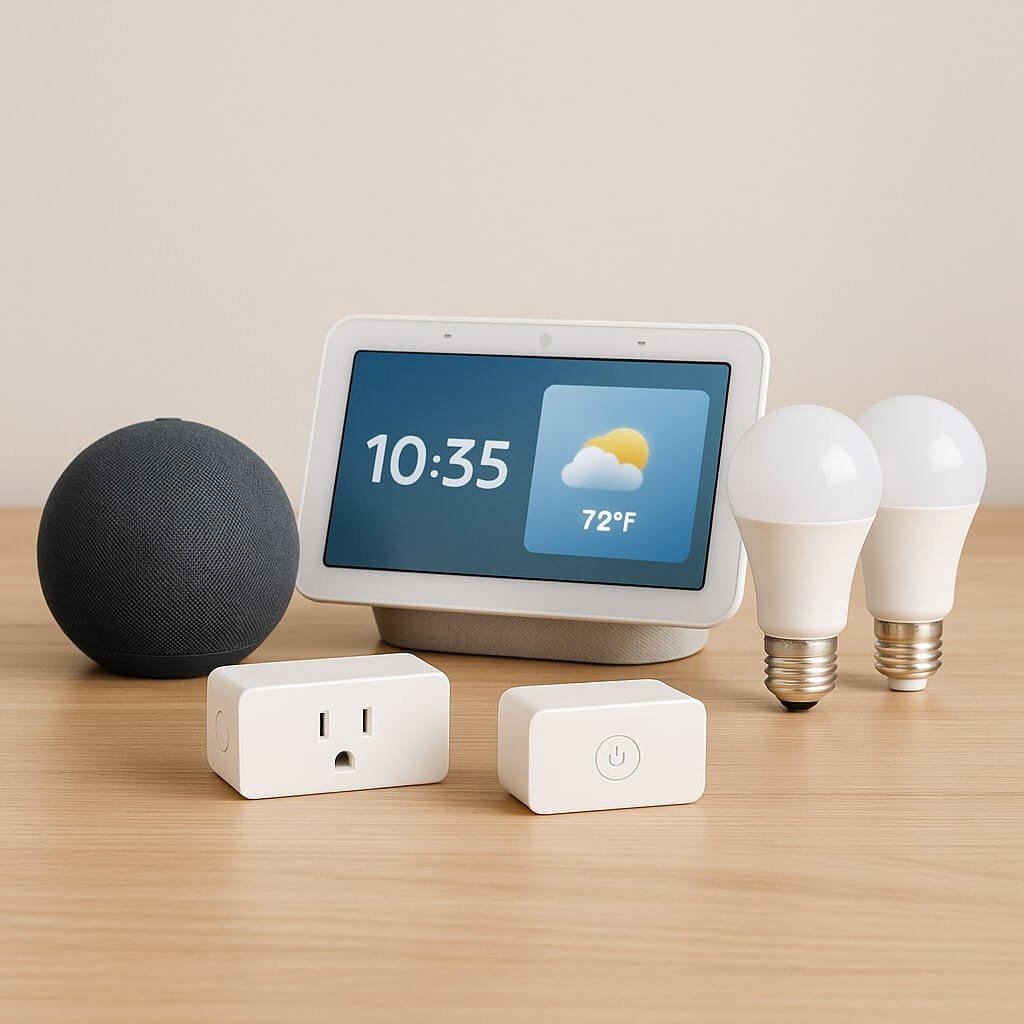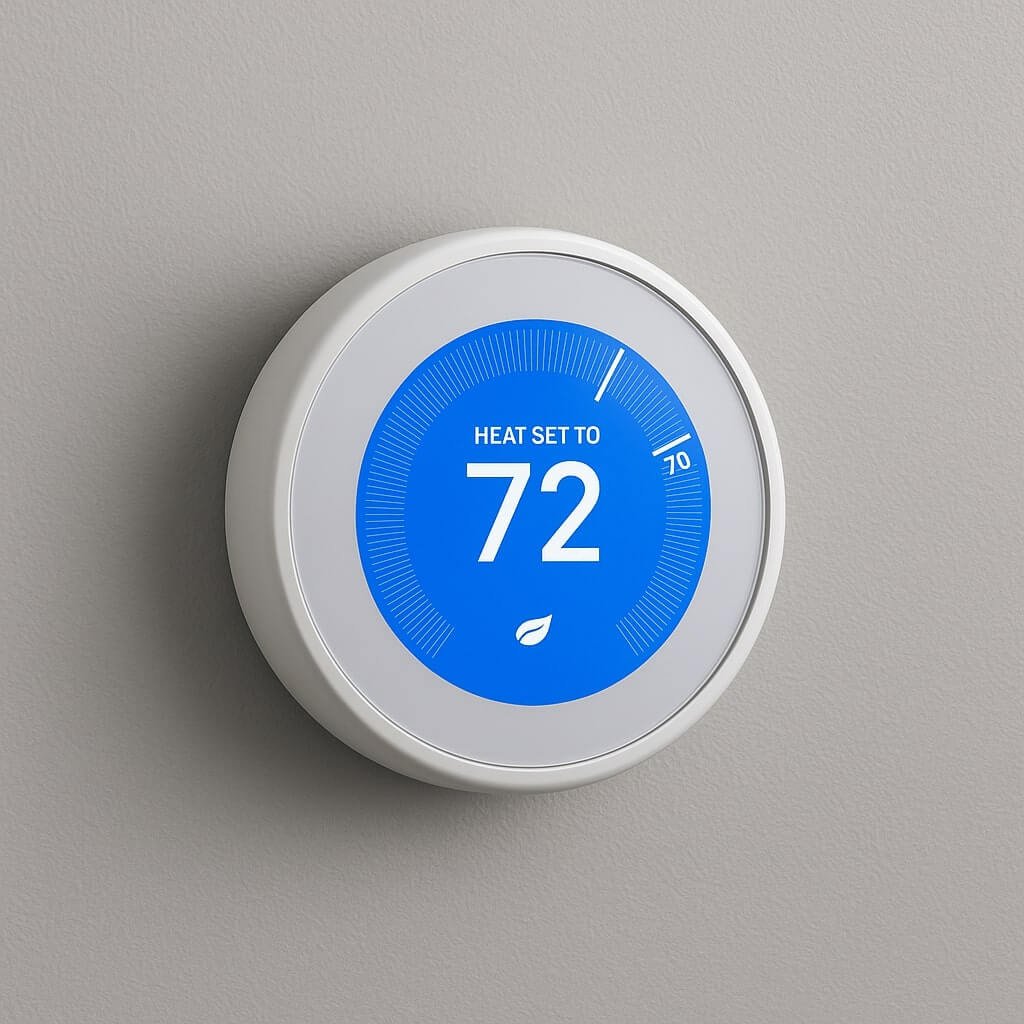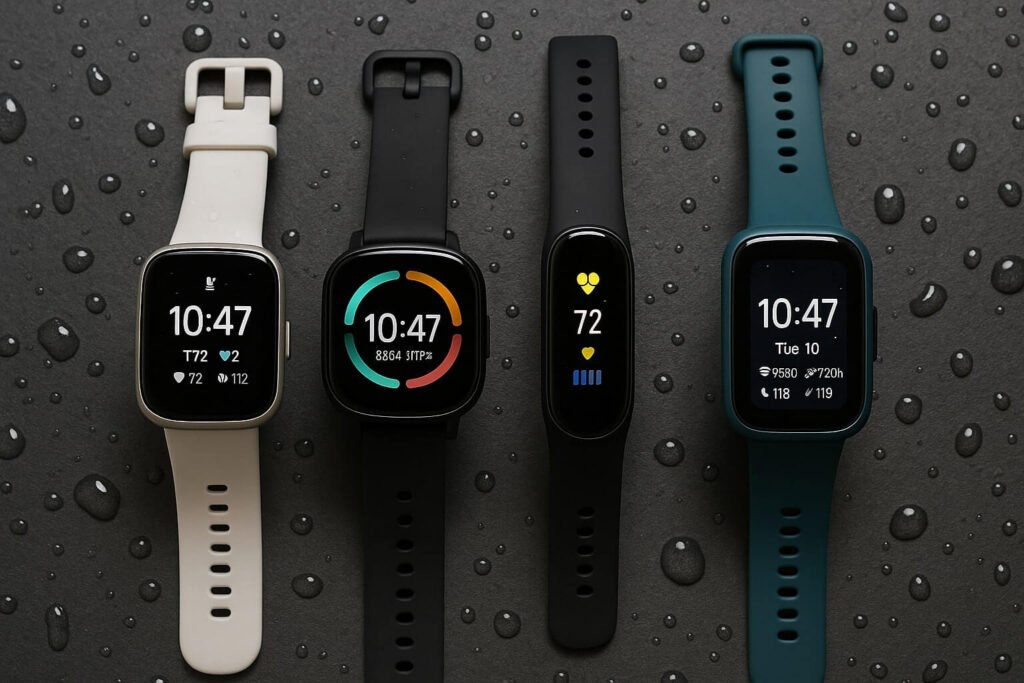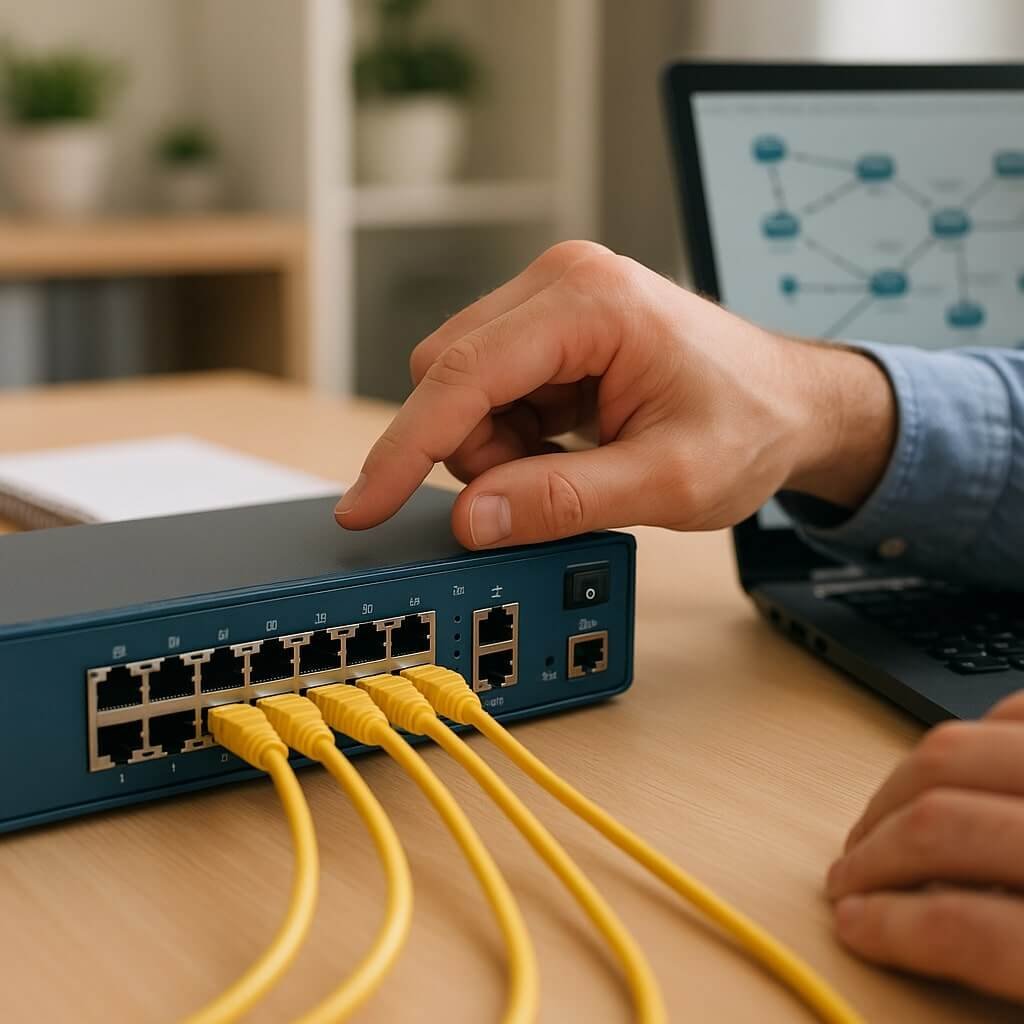Stepping into the world of smart homes can be both exciting and overwhelming. With a vast range of devices and brands available, beginners often struggle with where to start. The good news? Today’s smart home starter kits are designed for simplicity, scalability, and affordability, making it easier than ever to turn your house into a tech-savvy sanctuary.
This guide covers the top smart home kits for new users, helping you choose the best entry point for home automation while focusing on features, expandability, and ease of use.
Why Start With a Smart Home Kit?
Smart home kits provide a ready-to-go package with compatible devices, a central hub (in most cases), and a seamless app-based setup process. Key advantages include:
- Plug-and-play compatibility: Devices are pre-tested to work together.
- Cost efficiency: Bundles are often cheaper than buying items individually.
- Central control: Many kits come with a hub or app to manage devices in one place.
- Scalability: You can add new devices over time.
Best Smart Home Kits for Beginners in 2025
1. Amazon Echo Smart Home Starter Kit
Best for voice control enthusiasts and Alexa users
- Includes: Echo Dot, smart light bulbs, smart plug
- Voice assistant: Alexa
- Control method: Alexa app or voice
- Why it’s great: Affordable, easy to set up, and offers deep integration with hundreds of compatible devices.
- Pros: Reliable voice recognition, large ecosystem, simple automation with Alexa Routines
- Cons: Limited local control without internet
Recommended for: Beginners who want to control their home by voice and already use Amazon services.
2. Google Nest Hub Starter Pack
Best for Google users and visual control
- Includes: Google Nest Hub, smart lights, smart plug
- Voice assistant: Google Assistant
- Control method: Google Home app and touchscreen display
- Why it’s great: Nest Hub adds visual feedback, routines, and control options that appeal to families.
- Pros: Strong integration with Android and Google services, multi-user support, great display
- Cons: Slightly higher cost than competitors
Recommended for: Those invested in Google’s ecosystem or who want a visual control centre.
3. TP-Link Kasa Smart Kit
Best for budget-conscious starters
- Includes: Smart plugs, smart light bulbs
- Voice compatibility: Alexa and Google Assistant
- Control method: Kasa Smart app (no hub required)
- Why it’s great: Affordable and reliable, with a clean app experience.
- Pros: No hub needed, responsive controls, strong app
- Cons: Limited expandability for security or sensor-based automation
Recommended for: Cost-sensitive users wanting simple automation, like lights and appliances.
4. Apple HomeKit Starter Kit
Best for Apple users focused on privacy
- Includes: HomePod Mini, smart bulbs, smart plugs
- Voice assistant: Siri
- Control method: Apple Home app, Siri
- Why it’s great: Deep iOS integration and industry-leading privacy.
- Pros: Local control, encrypted data, powerful automation via Shortcuts
- Cons: Limited third-party support, higher upfront cost
Recommended for: iPhone users who value seamless integration and privacy.
5. Aeotec SmartThings Starter Kit
Best for flexible automation and device compatibility
- Includes: SmartThings Hub, multipurpose sensor, motion sensor, smart outlet
- Voice compatibility: Alexa and Google Assistant
- Control method: SmartThings app
- Why it’s great: Works with Zigbee, Z-Wave, and Wi-Fi—ideal for long-term growth.
- Pros: Widely compatible, powerful automation, expandable
- Cons: Slightly complex for total beginners
Recommended for: Enthusiasts who plan to expand their smart home gradually.
Factors to Consider Before Buying
1. Compatibility with Your Ecosystem
Choose a kit that integrates well with your current smartphone OS (Android, iOS) and preferred voice assistant.
2. Device Types Included
Think about what matters most: lights, security, appliances, or sensors. Some kits focus on lighting while others aim for full automation.
3. Ease of Installation
Look for app-based onboarding, clear manuals, and active user communities for support.
4. Expandability
Start small, but make sure you can scale the system to include smart locks, thermostats, cameras, or more over time.
Frequently Asked Questions (FAQs)
Do I need technical knowledge to set up a smart home kit?
No. Most starter kits are designed for beginners with app-guided installation and no wiring required.
Can I mix and match devices from different brands?
Yes, but ensure they support the same protocols (e.g., Wi-Fi, Zigbee) or are compatible with your chosen hub or ecosystem (e.g., Alexa, Google Home).
Is a hub always necessary?
Not always. Some kits (like TP-Link Kasa) work without a hub, while others (like SmartThings) require one for full functionality and automation.
Are smart home devices secure?
Security depends on the brand and your setup. Choose kits with encryption, regularly update firmware, and secure your Wi-Fi network.
Will smart devices work without the internet?
Some systems (e.g., Apple HomeKit, SmartThings) support local control, but most voice assistants and apps require internet access for full functionality.
Conclusion
For new users, starting smart doesn’t have to be complicated. Whether you’re loyal to Apple, Google, Amazon—or just want a simple, budget-friendly kit—there’s an ideal smart home starter package waiting for you. The best strategy is to begin with your daily needs and expand from there, turning your home into a connected, automated, and convenient living space.






